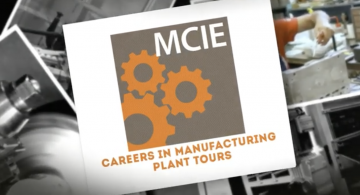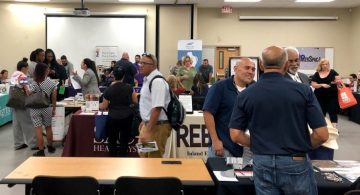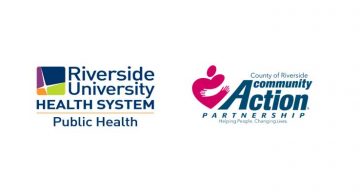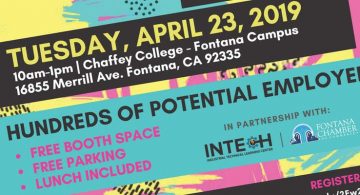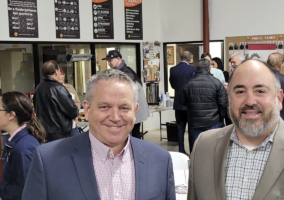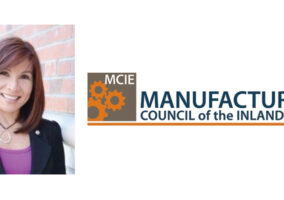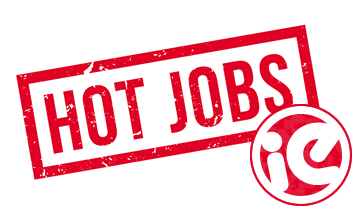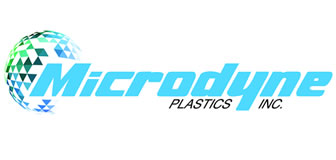Jobs Checklist For Entering The Workforce

Problems Businesses Frequently See with Recent High School Graduates
Riverside, CA – Human Resources professionals know that the school systems are not solely responsible for final outcomes of students. Parents also play a key role in the development of the child. At a recent meeting between manufacturers and educators, at the Mission Inn in Riverside (Manufacturers Discuss The Future of Manufacturing at Regional Meeting with Educators) the following list of actual problems, observed by hiring professionals, was presented. It was prepared by Rod Hoover, Manager of Human Resources, California Steel Industries, Inc. with input from over 100 HR professionals in the Manufacturing and Distribution/Logistics fields. It highlights some of the problems HR has to deal with when it comes to recent high school graduates entering the workplace:
Jobs Checklist For Entering The Workforce
Before the Interview:
- Resume is poorly constructed, lacks substance, grammatical errors and misspellings
- Never had a part time job, performed volunteer work, had a hobby or participated in sports/band
- Have never done manual work: built furniture; work on a car; mow yard, clean house, cook a meal
- Don’t research the company or the position
- Don’t show up on time for the interview or parents bring them to the interview
- Don’t show up for the interview and don’t call, text or e-mail
- Cancel interview for a non-urgent matter
During the Interview:
- Dress inappropriately: wrinkled shirts, shorts, baggy clothing, hair a mess
- Don’t shake hands or have a limp hand shake, don’t make eye contact, walk slowly, slump in the chair, constantly flick their hair out of their eyes or chew gum
- Don’t have good questions about the position except what are they going to get paid
- Don’t show enthusiasm and cannot talk about themselves (elevator pitch)
- Too casual in their communication style: Hey Dude
- Don’t have a driver’s license and don’t know the basic rules of the road
- Never used a hand or power tool
- Don’t know what a tape measure is and can’t read it
- Poor addition, subtraction, multiplication and division skills with whole numbers, decimals and fractions
- Poor reading comprehension and inability to put their thoughts/observations down on paper
- Lack troubleshooting/problem solving skills and mechanical aptitude
- Unable to pass a drug/alcohol screen
Once on the Job:
- Don’t always work well with other employees with different perspectives
- Unable to resolve conflicts or disagreements in a healthy manner
- Unaware that offense jargon, jokes, t-shirts and signage are not allowed in the work place
- Expect frequent positive feedback, pay increases and promotions
- Don’t manage disappointment or criticism well
- Displays know it all attitude and takes offense when given direction to perform the job correctly
- Unrealistic expectations when asking for an answer to a question that may require research
- Have a difficult time showing up to work on time or showing up at all especially on weekends and holidays.
- Walk off the job without giving notice in the middle of a shift
- Have a difficult time actually working 8 hours and staying on task
- Reluctant to work overtime
- Obsessed with being on cell phone during working hours wasting time
- Taking videos or pictures in the workplace and posting them on Facebook
- Lack of commitment after company has invested time and resources to train them. Leave within a short period of time if the company down the street offers a slight pay increase
- Unaware employers can still conduct drug testing to maintain a safe work environment
For more information on manufacturing events, visit mfgcouncilie.com.
The Manufacturers’ Council of the Inland Empire (MCIE) supports and provides education on manufacturing topics to manufacturers, employees, students, and the community. The Council provides a strong, unified voice when communicating with regional, state and national entities on issues impacting the region. Programming is designed to help manufacturers find solutions for issues including: employment and training, research, regulatory compliance, import and export, and funding.





